Mind
Relationship Story Throughline
In each of the stories below, the difficulties between the Main and Influence Character grows from a fixed attitude (RS Throughline: Mind). This area defines the "heart" of the story by taking a passionate look at the source of conflict in their relationship. While the Relationship Story Concern, Issue and Problem further pinpoint the exact location of this conflict, the Relationship Story Throughline identifies the nature of the problems that exist between these two characters.
Relationship Story Throughline Mind
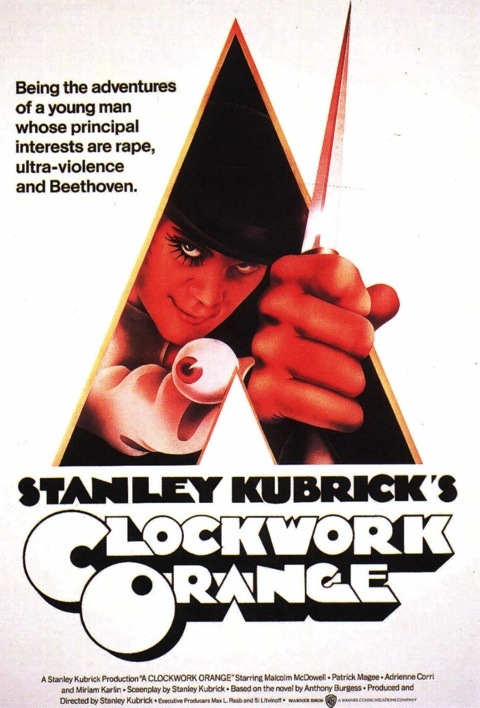
A Clockwork Orange
Alex and society diverge in their fixed attitudes about worth, control, and freedom. Alex finds his antics to be normal, everyday behavior but his actions shock the collective mind of society. On the other hand, Alex finds society brutal for removing his individuality and freedom.
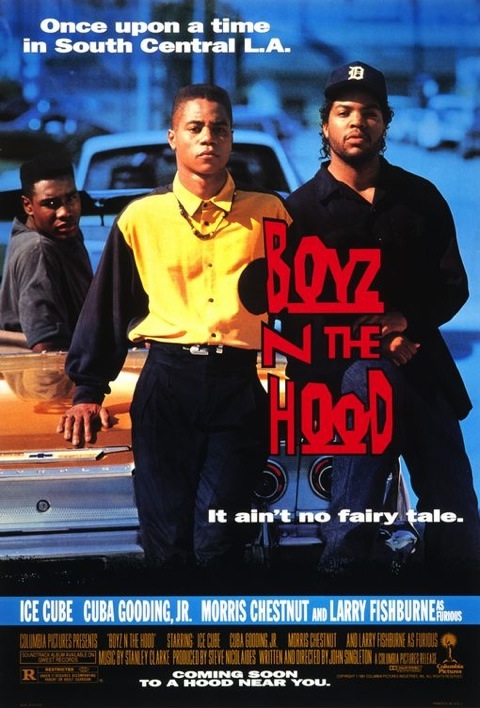
Boyz N The Hood
Tre and Furious come into conflict over Furious’ strict guidelines for Tre’s upbringing.
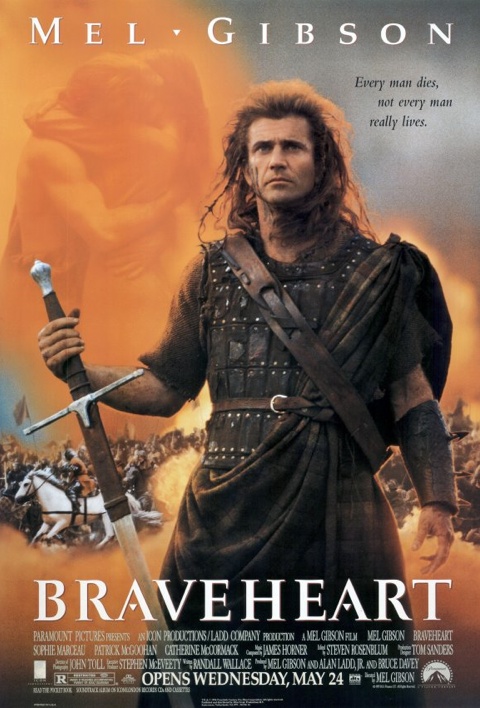
Braveheart
William’s hatred of English rule is unbending, but Robert accepts his father’s attitude of playing both ends to the middle. Neither William nor Robert is much inclined to yield.
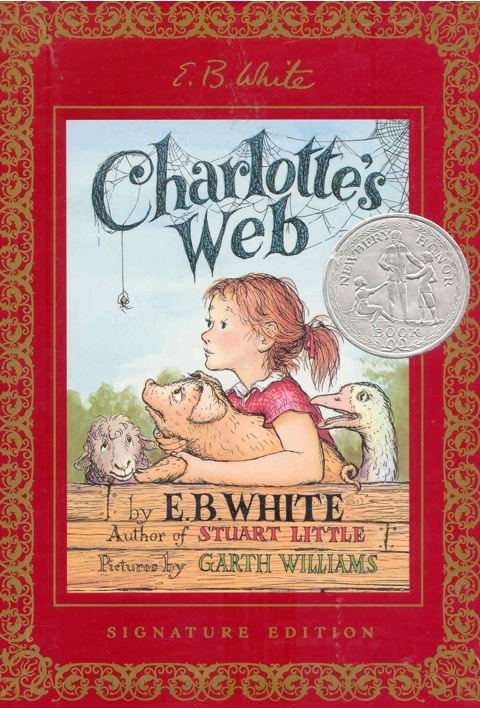
Charlotte’s Web
Wilbur has the attitude that he is ordinary; Charlotte’s point of view is that he is a very special pig:
Wilbur blushed. “But I’m not terrific, Charlotte. I’m just about average for a pig.” “You’re terrific as far as I’m concerned,” replied Charlotte, sweetly, “and that’s what counts. You’re my best friend, and I think you’re sensational. Now stop arguing and go get some sleep!” (White, 1952 p. 91)
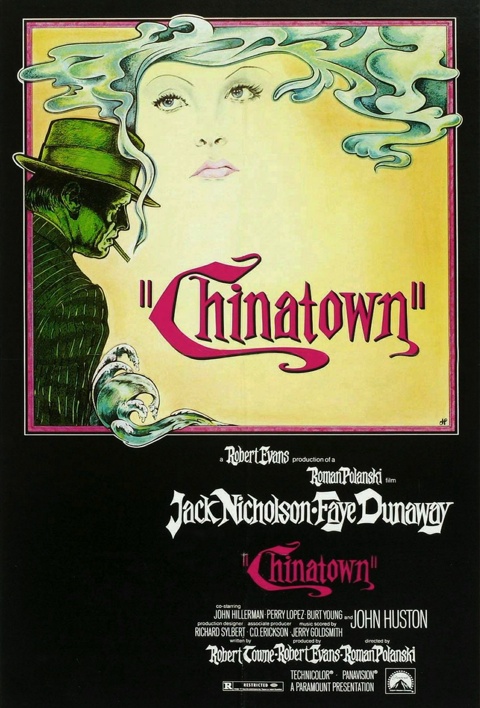
Chinatown
The general area of conflict between Jake and Evelyn comes from the difference between Evelyn’s firm belief that she has been wronged (by Jake and Noah) but is otherwise innocent, and Jake’s belief that people like Evelyn are always guilty of something.

Lord of the Flies
Jack is focused only on hunting pigs. Ralph is focused only on rescue and the fire.
Ralph: “I was talking about smoke. Don’t you want to be rescued? All you can talk about is pig, pig, pig!”
Even when Ralph partakes in a hunt—of the beast—it’s not for the hunt itself, but to relight the fire that has been abandoned.
p228. When Ralph is alone with his small tribe, when he is focused on leading: “There’s only one thing we can do to get out of this mess. Anyone can play at hunting, anyone can get us meat—”

Platoon
The realm of conflict between Chris and Sergeant Barnes is in their fixed attitudes. Chris and Sgt. Barnes have different ideas on what the war represents. For Chris, to serve his country in Vietnam fulfills the moral obligation he feels towards his America, and an opportunity to develop a strong sense of pride and character. Whereas, for Sgt. Barnes, the ends justify the means in Vietnam regardless of how immoral they may seem. He’s definitely obligated to his country, but there’s nothing moral about his obligation.
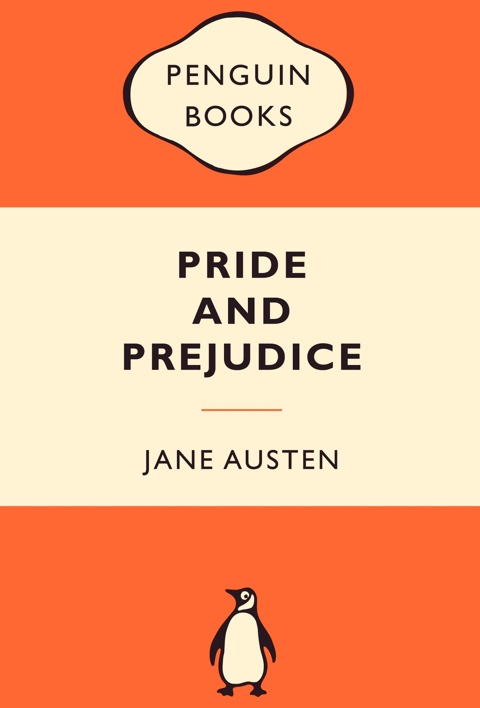
Pride and Prejudice
Because of his wealth and social standing, Mr. Darcy is predisposed to disdain Elizabeth and her family; though in his same legal class, they are certainly not as well-to-do. His aristocratic position has created an arrogance that is immediately felt by Elizabeth at their first meeting when he refuses to ask her to dance. Elizabeth is insulted by his snub, and this first bad impression provides the impetus for her fixed attitude against him: “‘. . . I could easily forgive his pride, if he had not mortified mine’” (Austen 19).
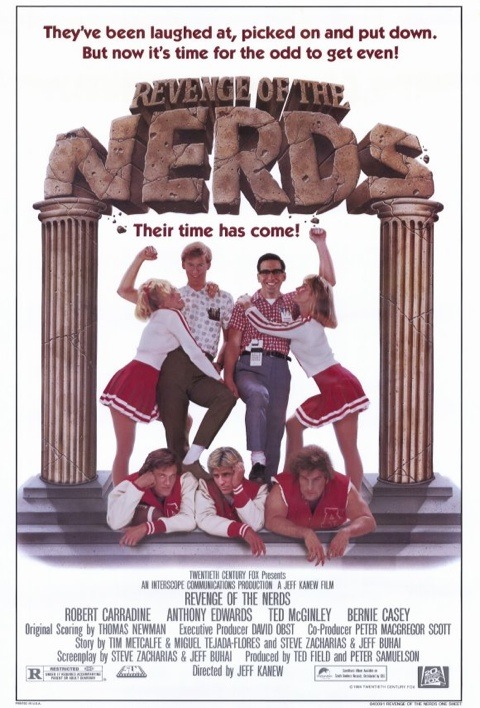
Revenge of the Nerds
The area where Lewis and Gilbert diverge is in their state of mind. Lewis is confident about their success in college and ignorant of his nerdiness, while Gilbert is anxious and accepting of his nerdiness.
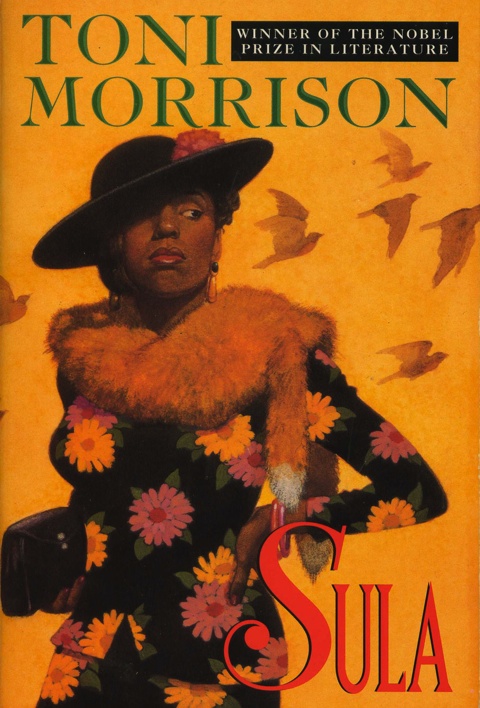
Sula
As girls, Nel and Sula are of one mind; as women, their attitudes diverge:
“She had clung to Nel as the closest thing to both an other and a self, only to discover that she and Nel were not one and the same thing” (Morrison, 1973, p. 119).
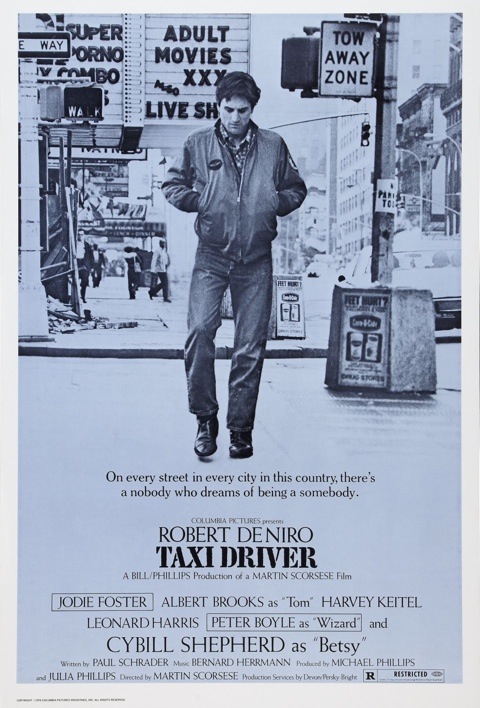
Taxi Driver
Betsy’s a believer in law and order, and change through electoral process—committed enough to be organizing canvassing efforts—and believes society will be better once Palantine is President. Travis doesn’t follow political issues much. He believes that a President should clean up and flush out the mess in the city, and even prefers vigilantism—taking the law into his own hands. He believes porno movies are relaxing; she has a hard time looking at them.
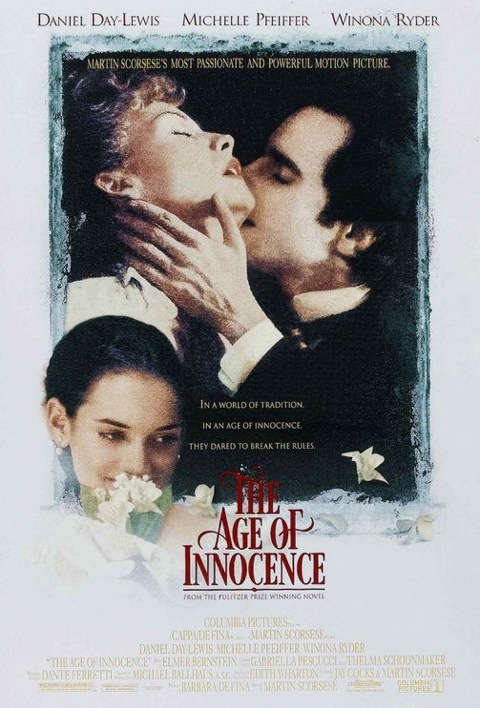
The Age of Innocence
The area of conflict between Newland and Ellen are their respective positions on how she should conduct her life. She believes she should live alongside artists and tradesmen in her odd little house, but Newland thinks it’s not “fashionable”; Ellen wants to divorce her husband and be free, Newland believes social ruin is too high a price for freedom; when Newland wants to run away with Ellen, she believes there is no place to go.
ARCHER: I want…somehow I want to get away with you. Find a world where words like that won’t exist.
ELLEN: Oh my dear…where is that country? [...] Is there anywhere we can be happy behind the backs of people who trust us?
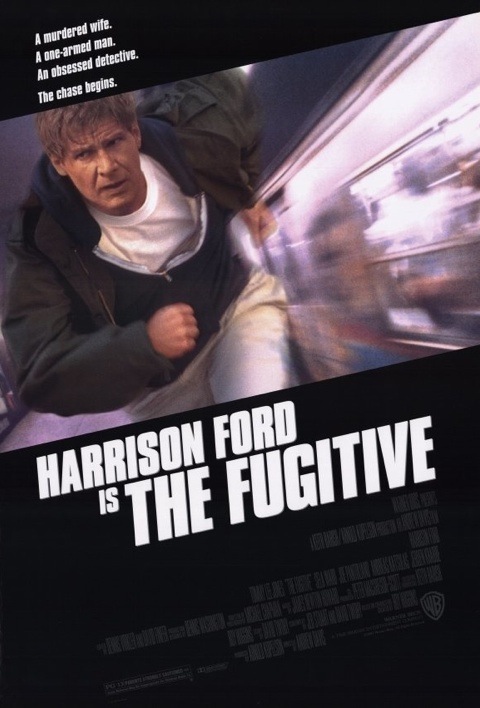
The Fugitive
Dr. Kimble professes his innocence while Gerard absolutely believes that Kimble’s guilt or innocence is irrelevant.
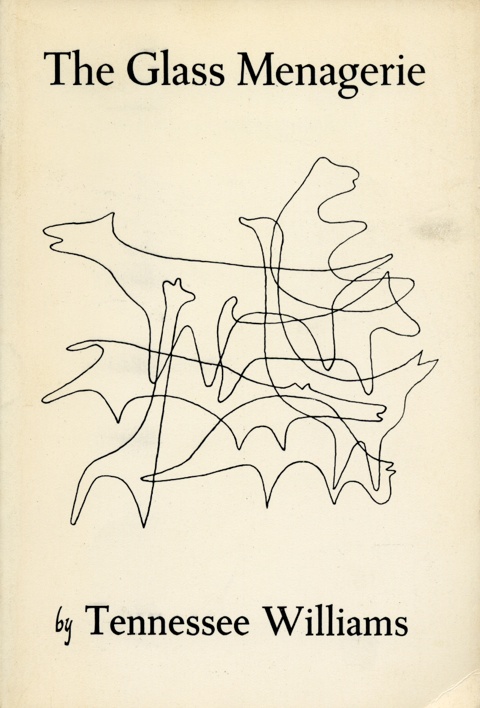
The Glass Menagerie
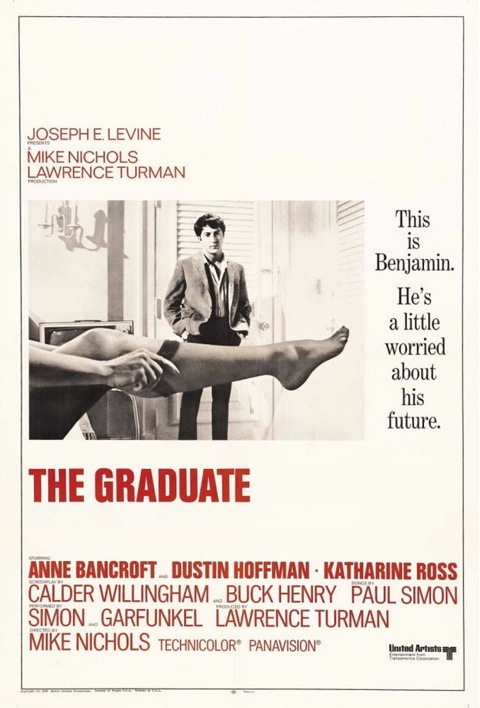
The Graduate
The arena for the relationship (and conflict) between Ben and Mrs. Robinson is in their fixed attitudes. Both Ben and Mrs. Robinson are extremely stubborn individuals, and when they are not agreeing to disagree, they are involved in a battle of wills. For example, while Ben is determined to be left alone at his welcome home party, Mrs. Robinson is just as determined to get him home with her; when Ben wants to talk for a change, Mrs. Robinson is just as determined not to talk; while Mrs. Robinson insists that Ben not see Elaine, Ben is even more determined to disregard her edict and pursue Elaine.
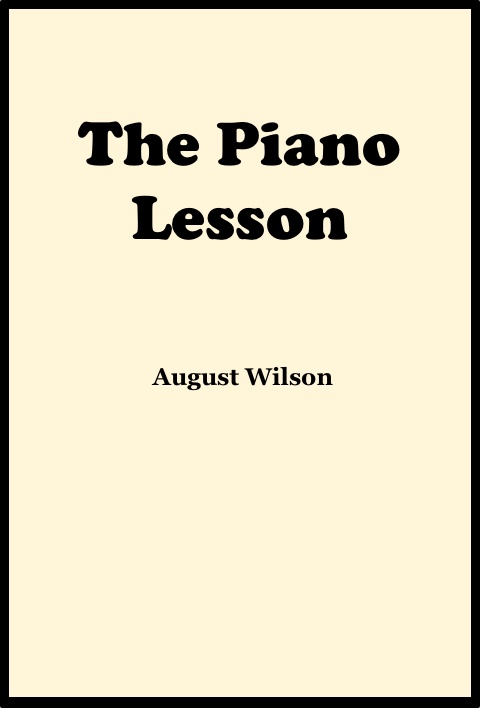
The Piano Lesson
An area of conflict between Boy Willie and Berniece is their respective positions on whether or not to sell the piano. She believes it’s a shrine to their family’s suffering. Boy Willie believes it’s an instrument to be used one way or the other.
BOY WILLIE: [. . .] if you say to me . . . I give out lessons on it and that help me make my rent or whatever. . . I’d have to go on and say, well, Berniece using that piano. She building on it. . . But Doaker say you ain’t touched that piano the whole time it’s been up here. [. . . ] You just looking at the sentimental value. [. . .] But I ain’t gonna be no fool about no sentimental value. (Wilson, p. 51)
He believes that it’s valuable only to trade for land:
BOY WILLIE: As along as I got the land and the seed then I’m alright. . . Cause that land give back to you. But that piano don’t put out nothing else. . . that’s why I’m gonna take that piano out of here and sell it.
BERNIECE: You ain’t taking that piano out of my house. (Wilson, p. 51-52)
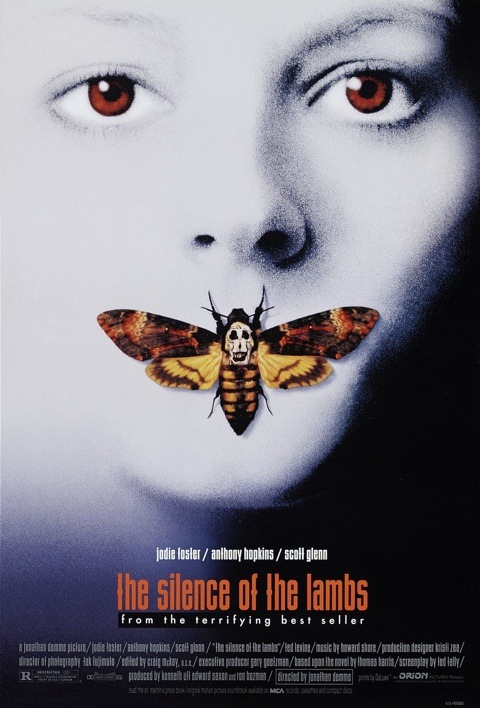
The Silence of the Lambs
Clarice’s position on people is they should be saved from harm; rescued from would-be slaughterers. Lecter believes people are better cooked, and eaten with fava beans and a good Chianti.

The Simpsons Christmas Special
Homer and Bart each have a different fixed mindset on the meaning of Christmas. Homer is childlike in his enthusiasm for the holiday, and believes it is the presents that make it special. Bart is cynical, yet appreciates the meaning of Christmas beyond its commercial trappings.
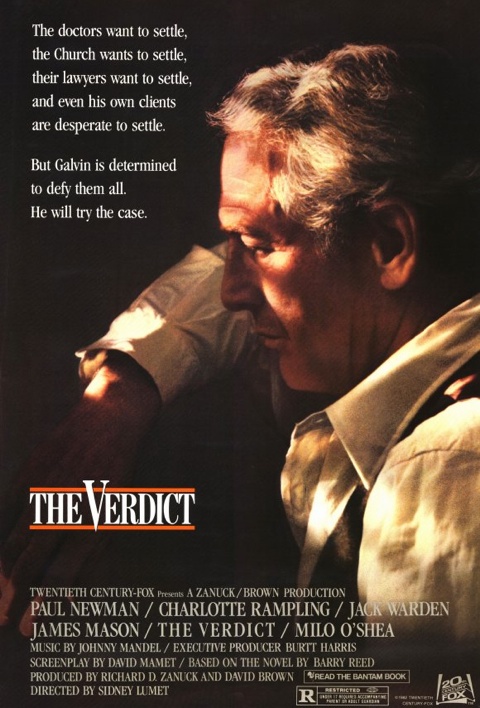
The Verdict
Frank and Laura clash over their attitudes about the case; Frank is a defeatist and Laura is a fighter willing to hang on to her beliefs to the bitter end.
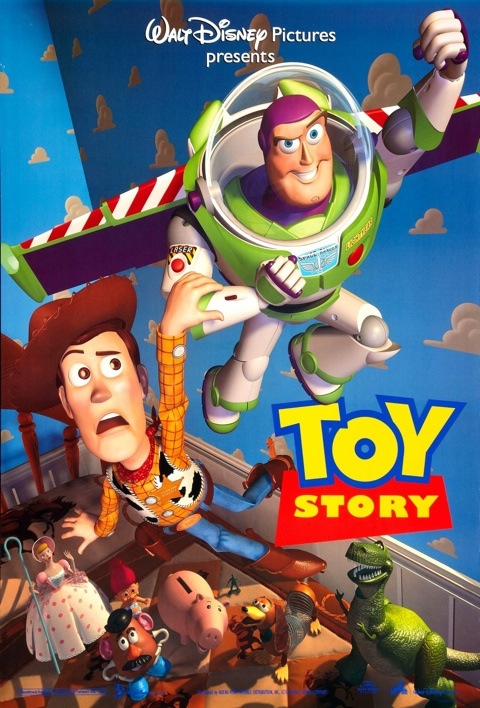
Toy Story
Woody and Buzz clash over their respective fixed mindsets—Woody, that Buzz has invaded his exclusive territory, and Buzz, that he’s a Space Ranger on a crucial mission, not a toy. “Look, we’re all very impressed with Andy’s new toy…” “Toy?” “T-O-Y. Toy.” “Excuse me, I think the word you’re searching for is ‘Space Ranger’.” “The word I’m searching for, I can’t say, because there are preschool toys present.” (Potato Head: “Gettin’ kinda tense, aren’t ya?”) Later: “Listen, Lightsnack, you stay away from Andy. He’s mine, and no one is taking him away from me.” “What are you talking about? Where’s that bonding strip?!”
They also conflict because they each hold the fixed attitude that their problems are caused by the other. “I’m lost, Andy is gone—they’re going to move from their house in two days and it’s all your fault!!” “My fault?! If you hadn’t pushed me out of the window in the first place…” “Oh, yeah? Well, if YOU hadn’t shown up in your stupid little cardboard spaceship and taken away everything that was important to me…” “Don’t talk to me about importance. Because of YOU the security of this entire universe is in jeopardy.” “WHAT?!!” “You, my friend, are responsible for delaying my rendezvous with Star Command.” “YOU-ARE-A-TOYYYY!!!”
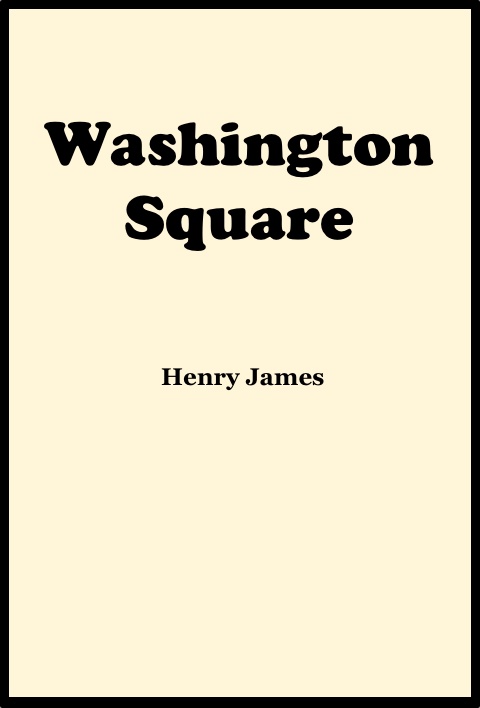
Washington Square
Catherine and Dr. Sloper each hold onto their different fixed attitudes concerning the suitability of Morris Townsend as a husband, however, beyond that: “The novel is concerned above all with a struggle for power, a will to freedom, and the refusal of a simple soul to bow before the domineering spirit of another” (Edel 251).
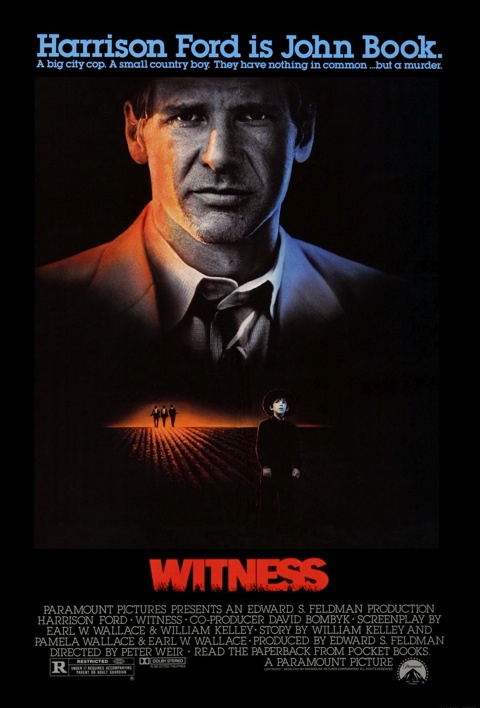
Witness
John Book believes in fighting fire with fire, using the gun and fist to defeat violent criminals; As an Amish, Rachel is a pacifist, preferring non-violent means to solving problems. Big city John prefers modern conveniences such as cars with radios over horse-buggies and milking a cow.
Additional Stories

Ally McBeal

Antz

As Good As It Gets
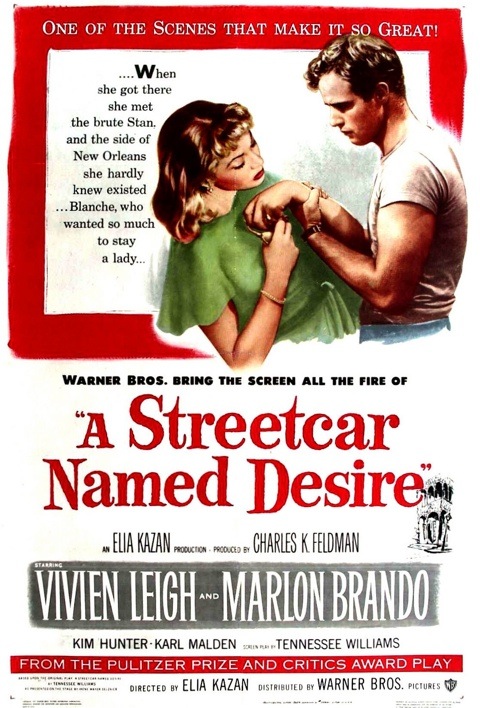
A Streetcar Named Desire
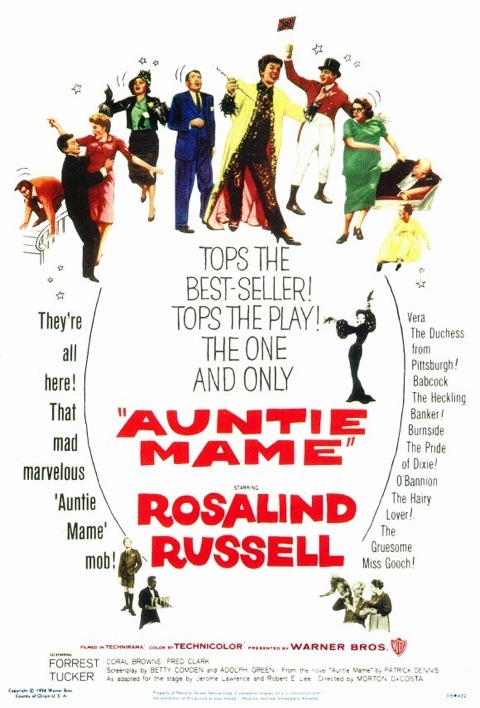
Auntie Mame
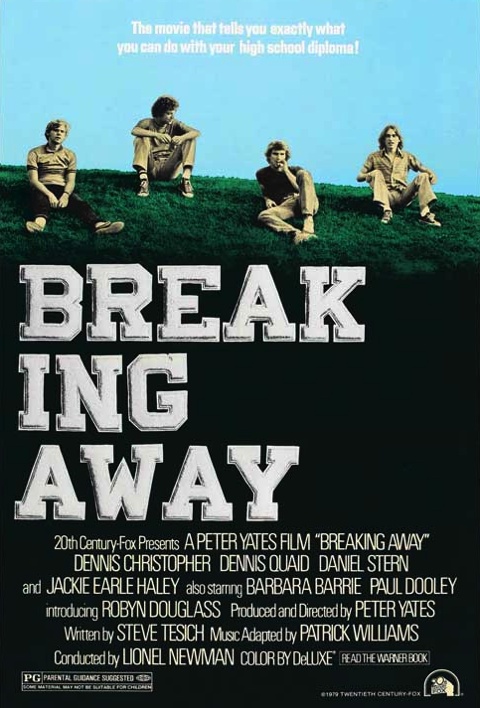
Breaking Away
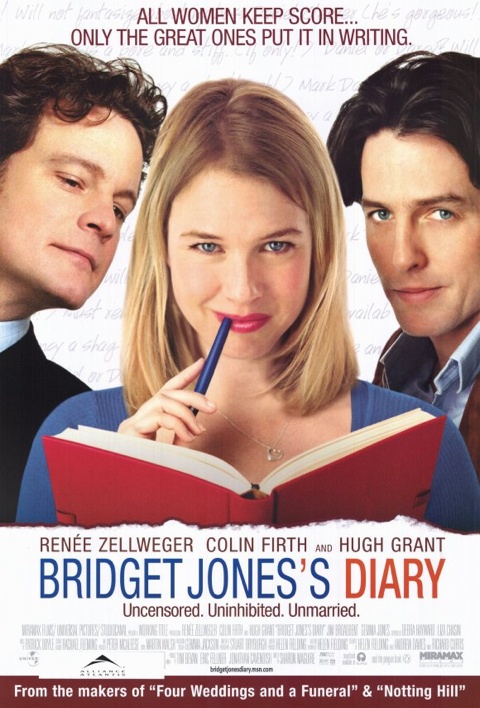
Bridget Jones’s Diary
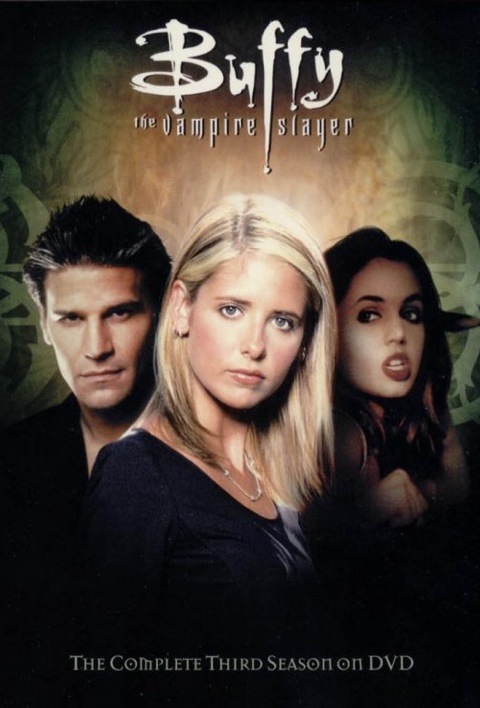
Buffy the Vampire Slayer
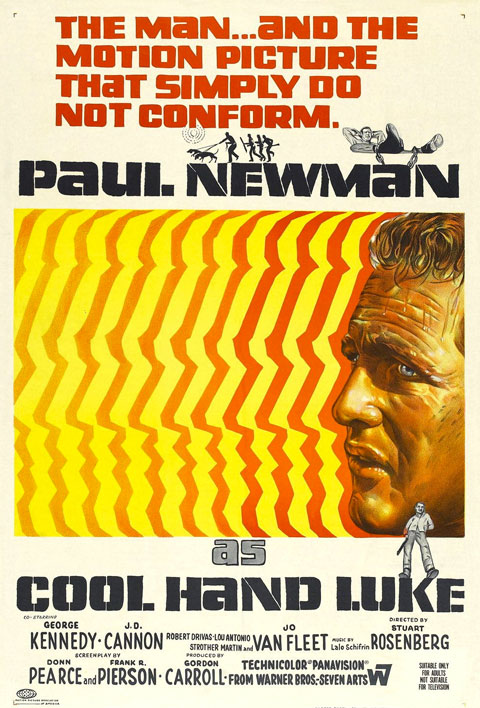
Cool Hand Luke

Everything Is Illuminated

Fair Game
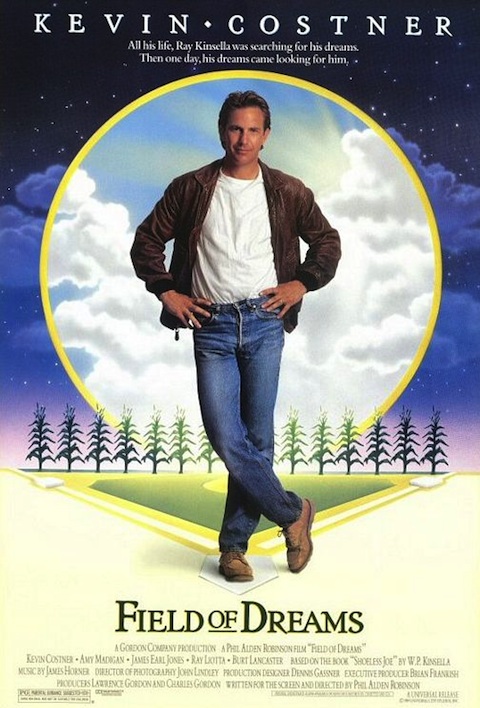
Field of Dreams

Frequency

Here Comes Mr. Jordan
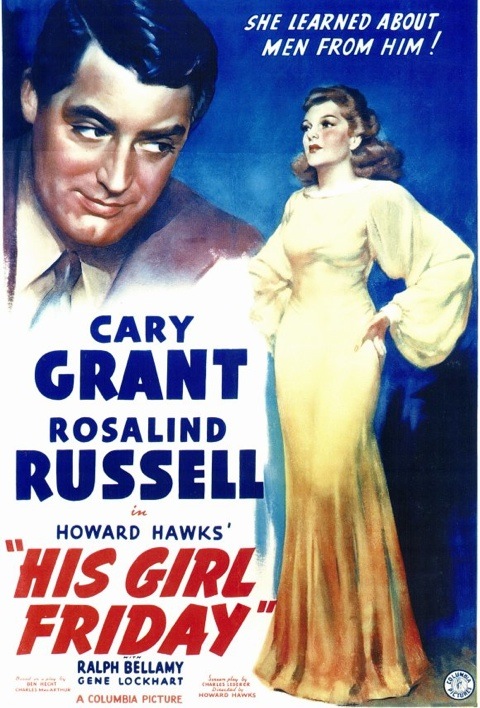
His Girl Friday

Hotel Rwanda
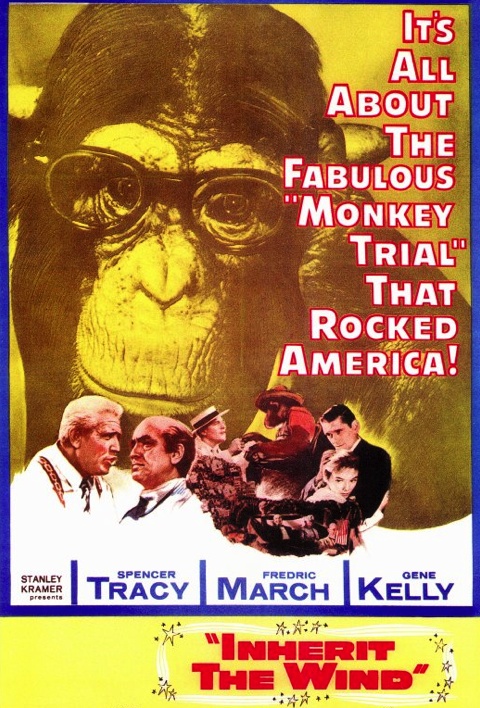
Inherit The Wind
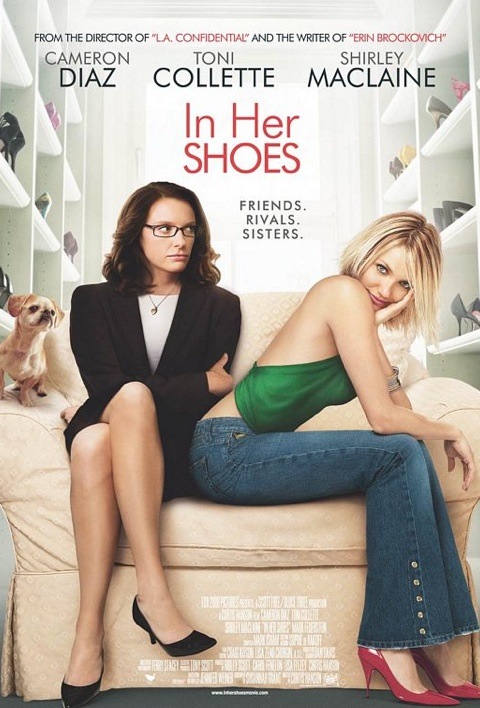
In Her Shoes
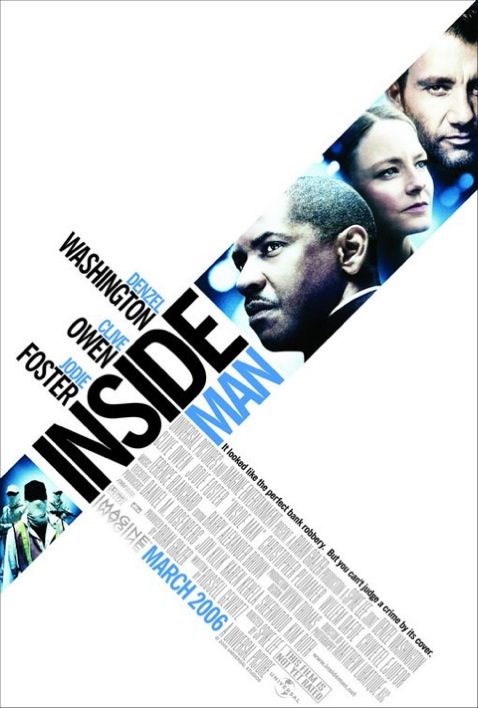
Inside Man
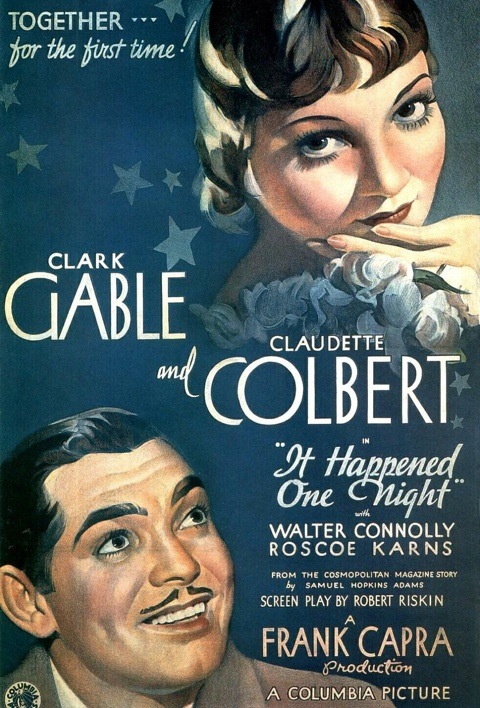
It Happened One Night

Juno

Kolya

Love and Death on Long Island

Michael Clayton
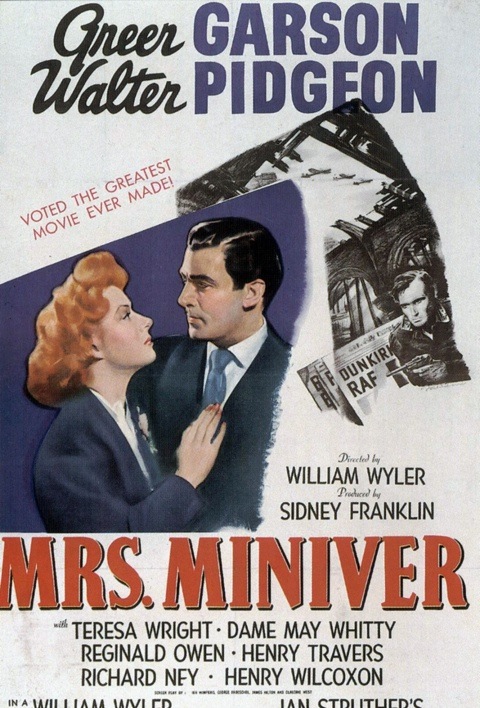
Mrs. Miniver

Pan’s Labyrinth
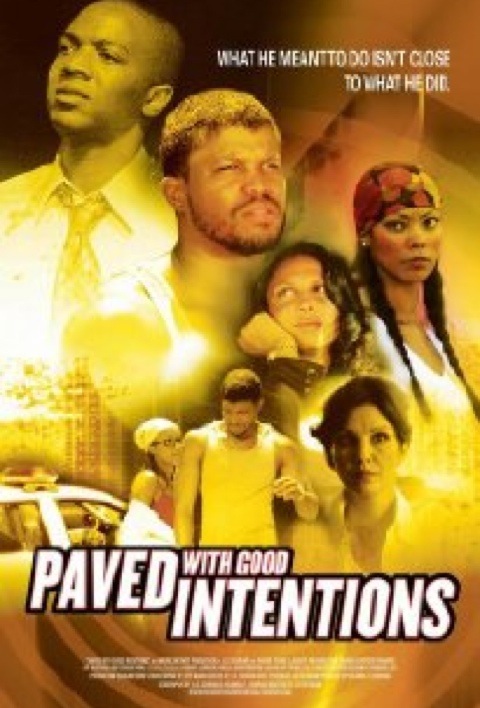
Paved with Good Intentions

Planet of the Apes
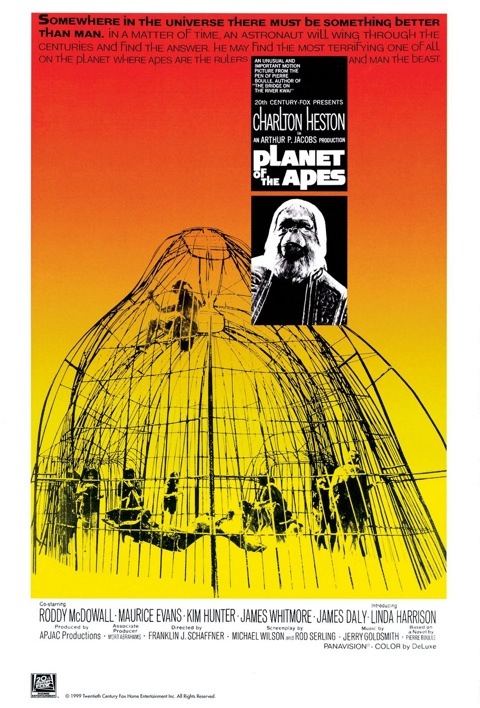
Planet of the Apes
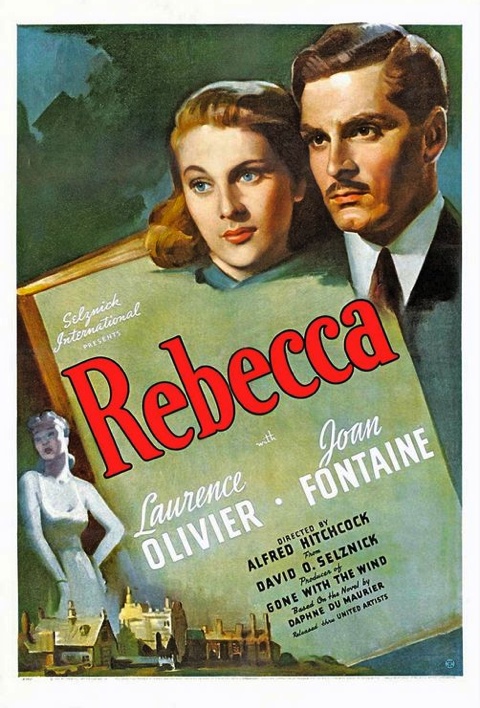
Rebecca
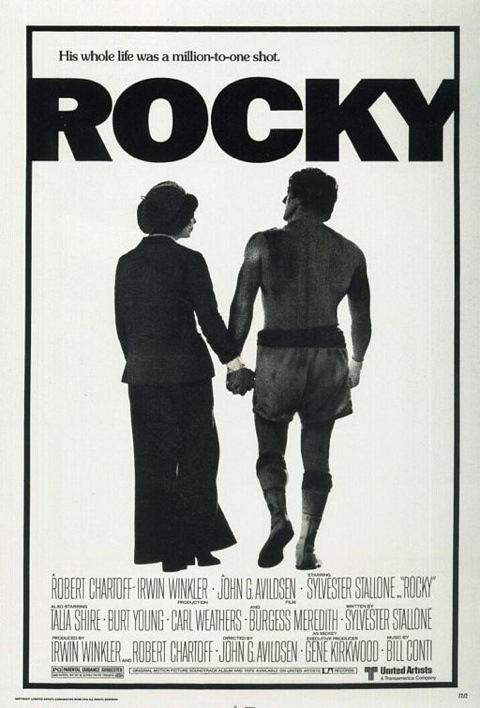
Rocky

Spirited Away

Talk to Her
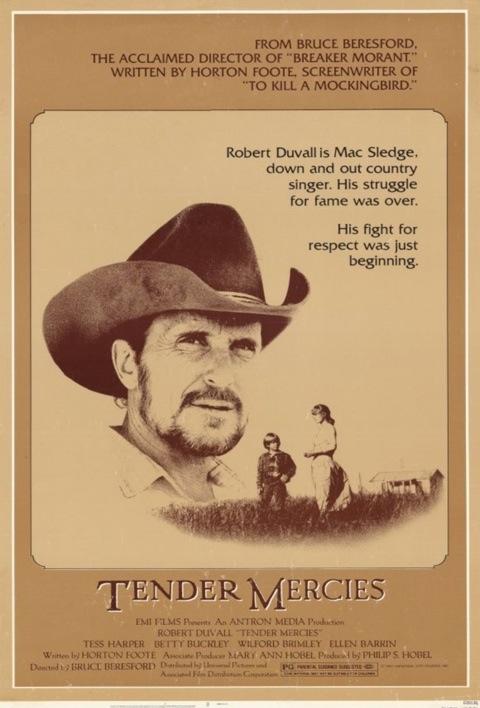
Tender Mercies

The Apartment

The Constant Gardener
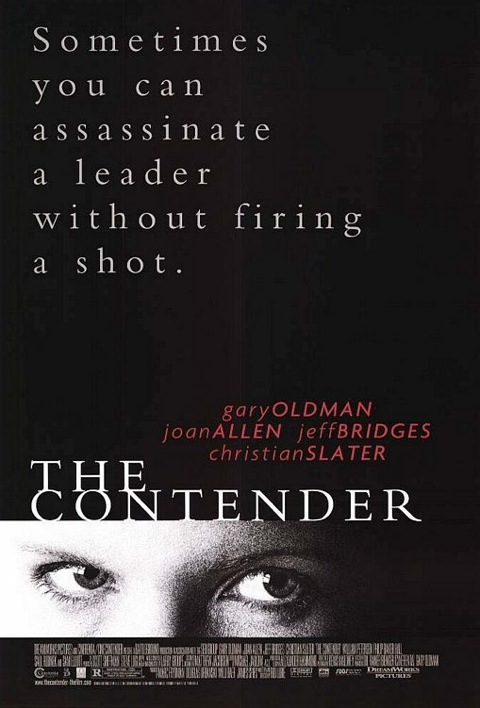
The Contender
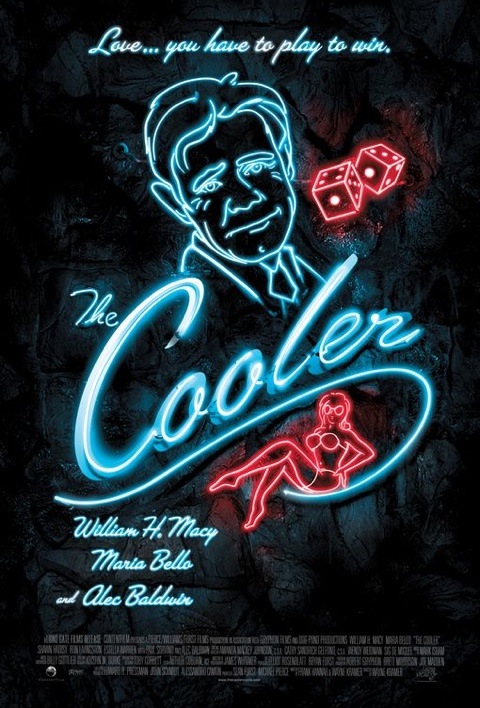
The Cooler
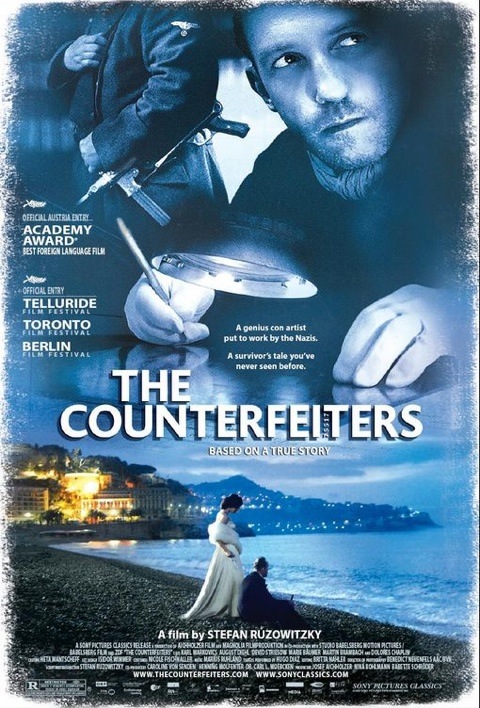
The Counterfeiters
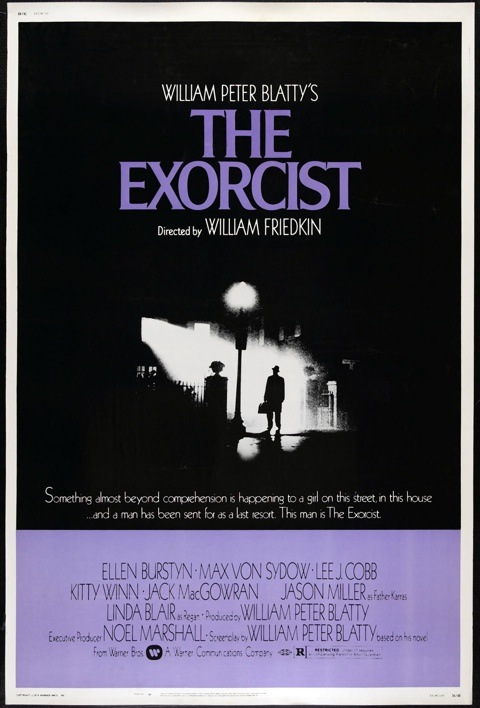
The Exorcist
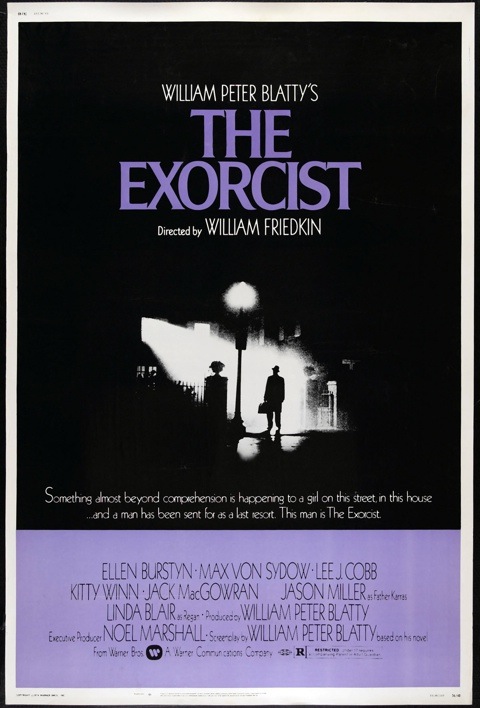
The Exorcist
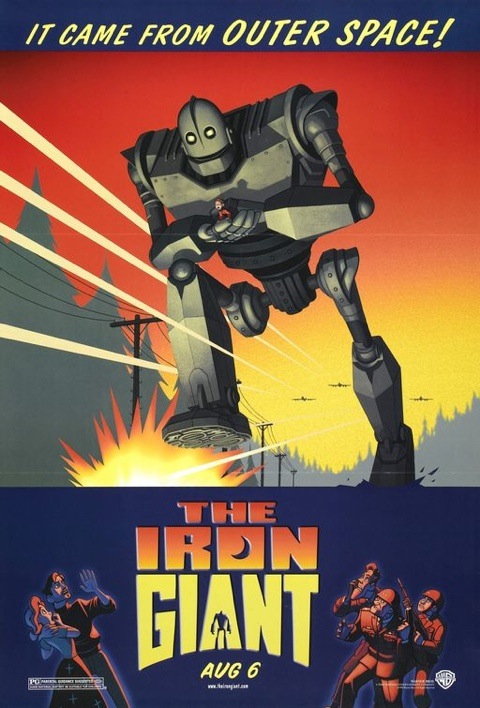
The Iron Giant
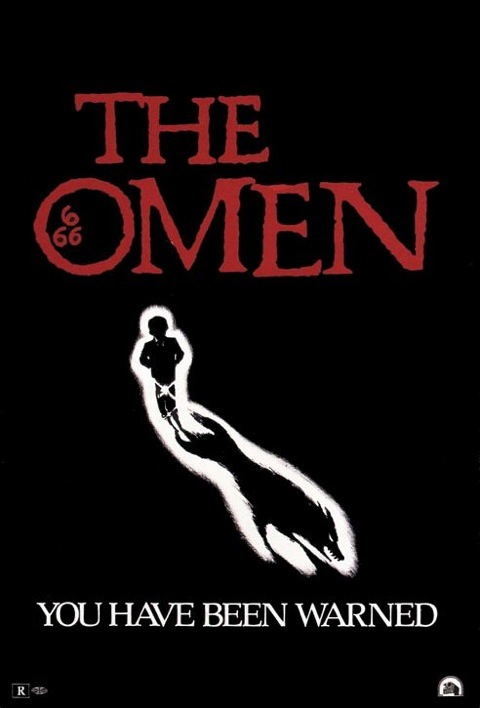
The Omen
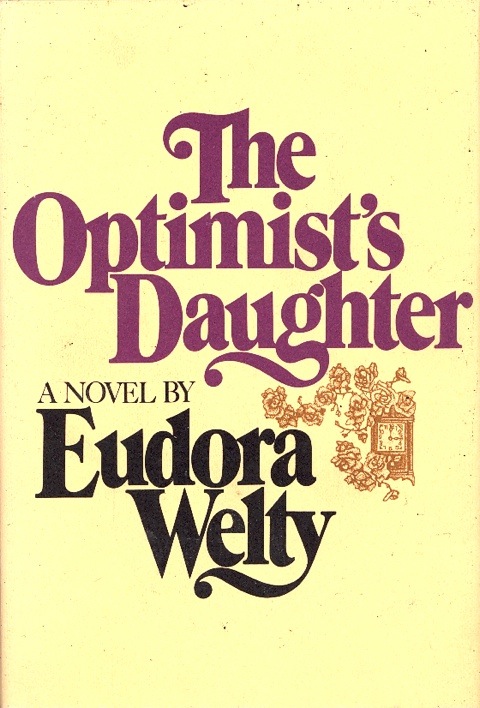
The Optimist’s Daughter
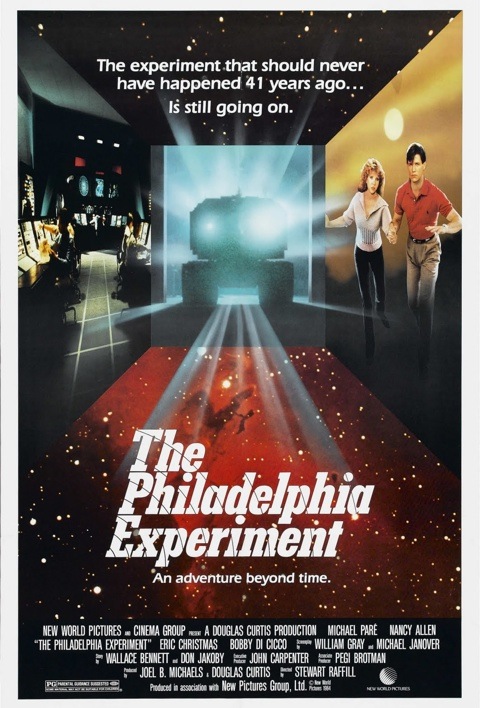
The Philadelphia Experiment
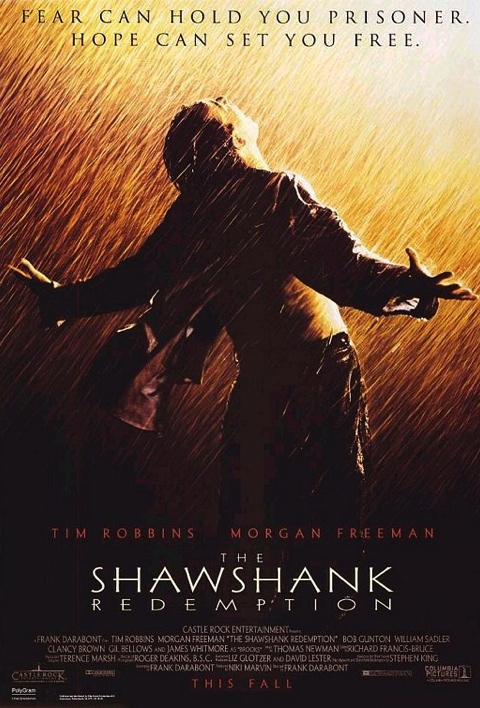
The Shawshank Redemption





